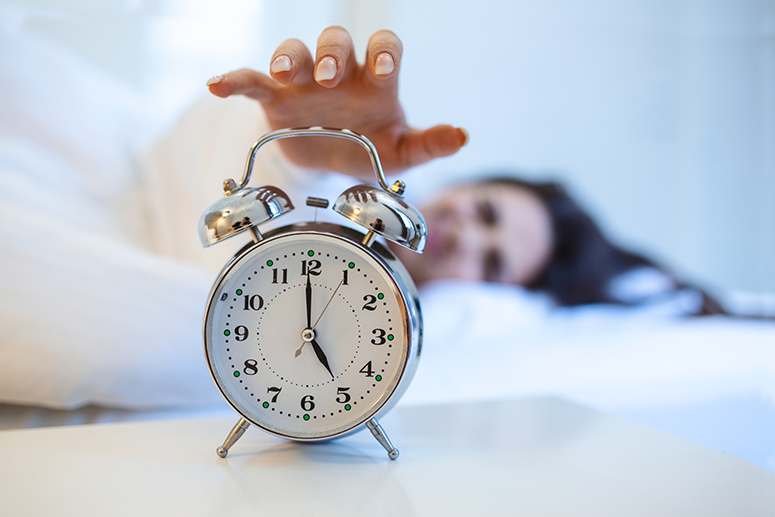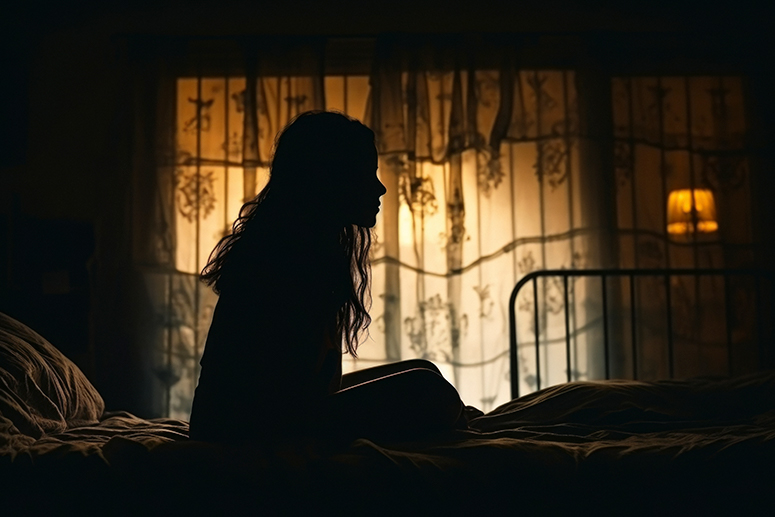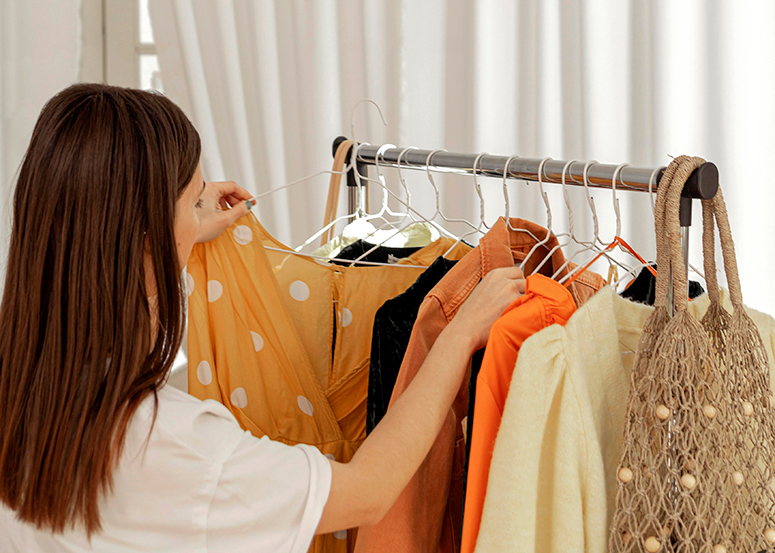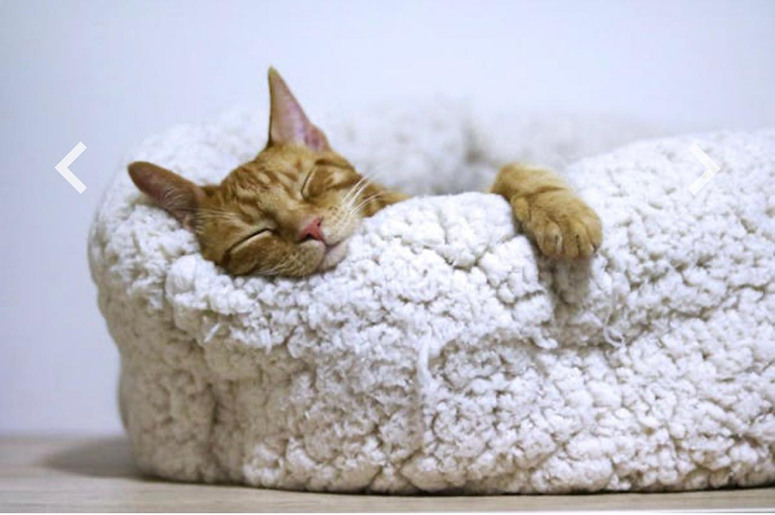Wake me up before you go-go (to work)
One of the universally acknowledged truths is that we love to sleep, especially when it’s raining. In our dry-and-wet-season land, a late-evening or early- morning downpour just makes getting up for work extra challenging.
So, when that evil alarm blares at 5 a.m., dutiful members of the workforce soldier on, shower like crows (literally: ligong-uwak), grab that damp and smelly outfit from the indoor clothesline, only to make it wetter after braving the rain that mysteriously (conspiratorially?) pours around the time they’re walking (thank God those ugly Crocs are now socially acceptable as public footwear). We’re not even talking about the floods that surely follow the torrential monsoon rain. Let’s call it a wet wake-up call.

How can we avoid sleeping in with a warm blanket (or duvet for the alta) in “bed” weather? It’s a question as philosophical as asking why the alarm goes off just as our dreams are getting more interesting—worse, when those lotto numbers are emerging.
We begin life practically sleeping for a living. Newborns average 16-18 hours a day. By adolescence, that number cruelly drops because of raging hormones, and by adulthood, we’re lucky if we manage to observe the recommended 8+8+8 rule. By the time we retire, we’re waking up at 4 a.m. for no reason other than a half-full bladder or a new Netflix episode on our playlist.

Sleep, it seems, is both a necessity and a luxury, hoarded by babies and envied by adults—usually at the same time (just ask new parents). And yet, it remains one of the most vital processes for our body and mind to repair tissues, form memories, and ensure we don’t fall asleep during meetings, even if many of us still do.
Unfortunately, sleep has many natural predators. The most nefarious among them, according to studies by sleep experts, are gadgets, caffeine, and midnight snacks. Or children who decide that 2 a.m. is the best time to reenact scenes from Frozen, Moana, or Superman.

Other sleep killers include stress—due to work, school, finance, or relationships—and noisy, uncomfortable environments, circadian rhythms screwed up by travel, and erratic schedules.
Hollywood, naturally, has dramatized this state of insomnia to the point of criminality. In Insomnia, Al Pacino plays a sleep-deprived detective who begins hallucinating while investigating a murder in the perpetual daylight of Alaska. Taxi Driver Travis Bickle, brilliantly played by Robert De Niro, spirals into madness and vigilantism due to, among other things, his inability to sleep. If you’re asking, “How about Sleepless in Seattle?” the short answer is that sleeplessness in Seattle is closer to Alaska’s long summer sunshine than to the 2018 Korean drama Sleepless in Love.
Contrary to what thrillers may suggest, guilt—even among mobsters and folks with murderous streaks—is not a recognized cause of sleeplessness. And if there’s anything to what some films or books have been portraying, killers tend to sleep more soundly as they hone their craft of offing victims.

So don’t fret if you’re restless at night or feel tired in the morning. It doesn’t suggest you’re a closet, sleep-walking sociopath; you’re probably just binging on YouTube videos bashing M&H.
Other genres recognize the darkness of wakeful nights. In Keep the Lights On (2012), a haunting drama based on director Ira Sachs’s own life, the title becomes a metaphor for the emotional vulnerability of relationships. In the same year, Meiko’s sultry track, Leave the Lights On, used the phrase to allude to a secret affair that refuses to be buried: “I don’t wanna run away anymore, leave the lights on. I know that it’s a secret, and that I gotta keep it, but I want the lights on.”
In today’s fast-paced life, it’s as if no one wants to sleep anymore; everyone’s too busy feeling something, or refusing to grope in the dark. I know a story of a cop who sleeps with the lights on because he’s afraid of ghosts—never mind that he should be more fearful of the living, especially in his line of work.

This brings us to a more chilling Venn diagram: guilt, insomnia, and spirits—just not the kind you drink and generally help you sleep.
“I see dead people,” whispered Haley Joel Osment in The Sixth Sense, an iconic line echoed in the title of Antoine Tate’s 2017 lament on gun violence and its cost on life. Sure, the song’s obscure, but as a social commentary, it’s powerful, painful, and sleepless. And as for the movie, let’s just say that the producers were happy to see more living people in the theaters who made it the second-highest growing film of 1999.
There are no spooks in Dianne Reeves’ 1982 single Better Days, but there, she recognized that “You can’t get to better days unless you make it through the night.”

Perhaps, we’re all just trying to keep the lights on in our own way, hoping we don’t bump into a ghost (literal or metaphorical) in the hallway before the sun reappears. Darkness has been culturally demonized despite our overwhelming need to embrace it, especially when we’re seeking some kind of peace. And yet, darkness cannot exist without the light.
“Are you afraid of the dark?” is a question not just for kids but for grownups reluctant to turn off the light even when it’s time to sleep. The answer, literally, is in our head, where our eyes are. Sometimes, we just need to close our eyes. And when the morning comes, let’s welcome the day not just with open arms but with eyes wide open. Yes, even if it’s Monday.


